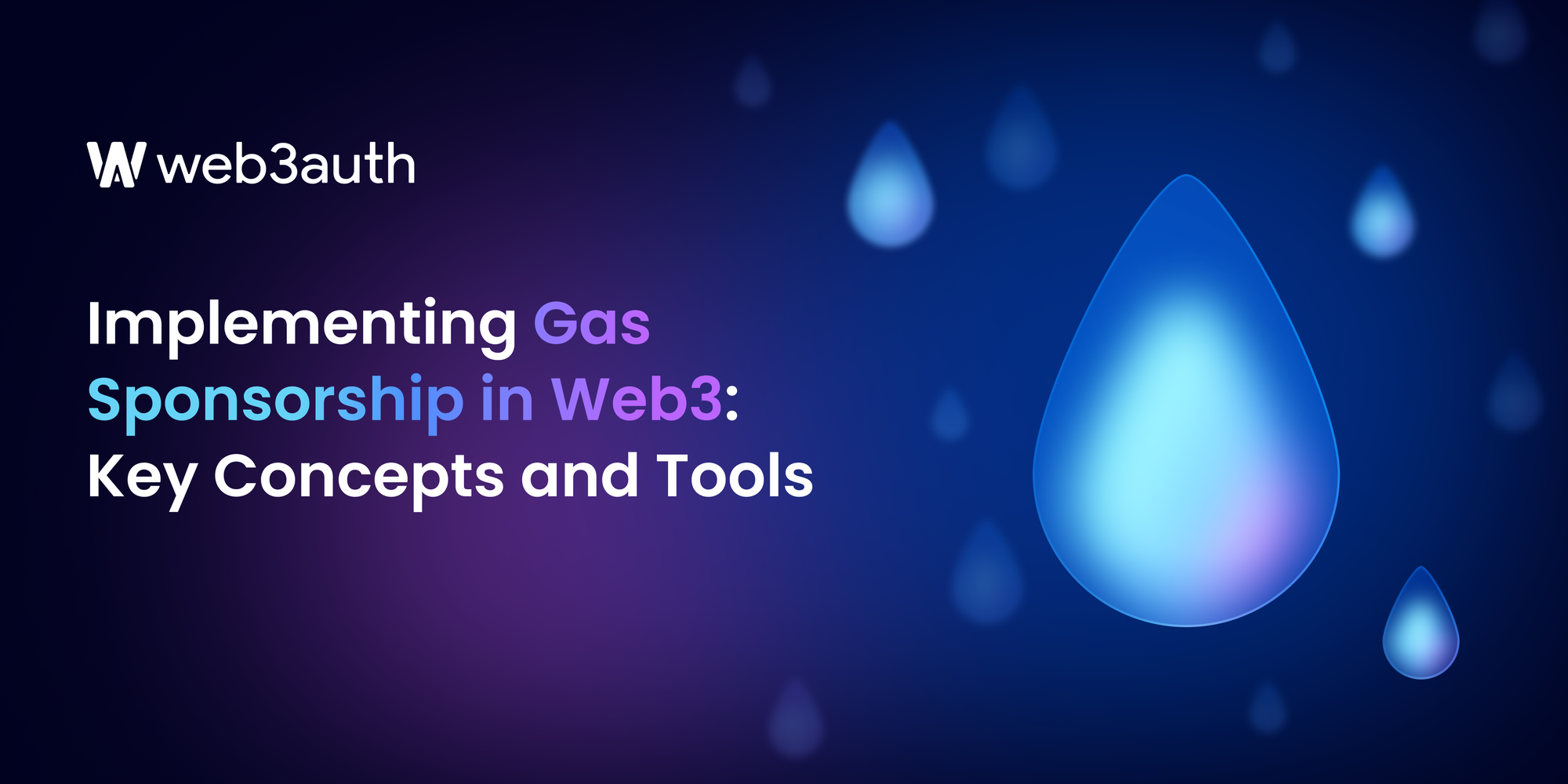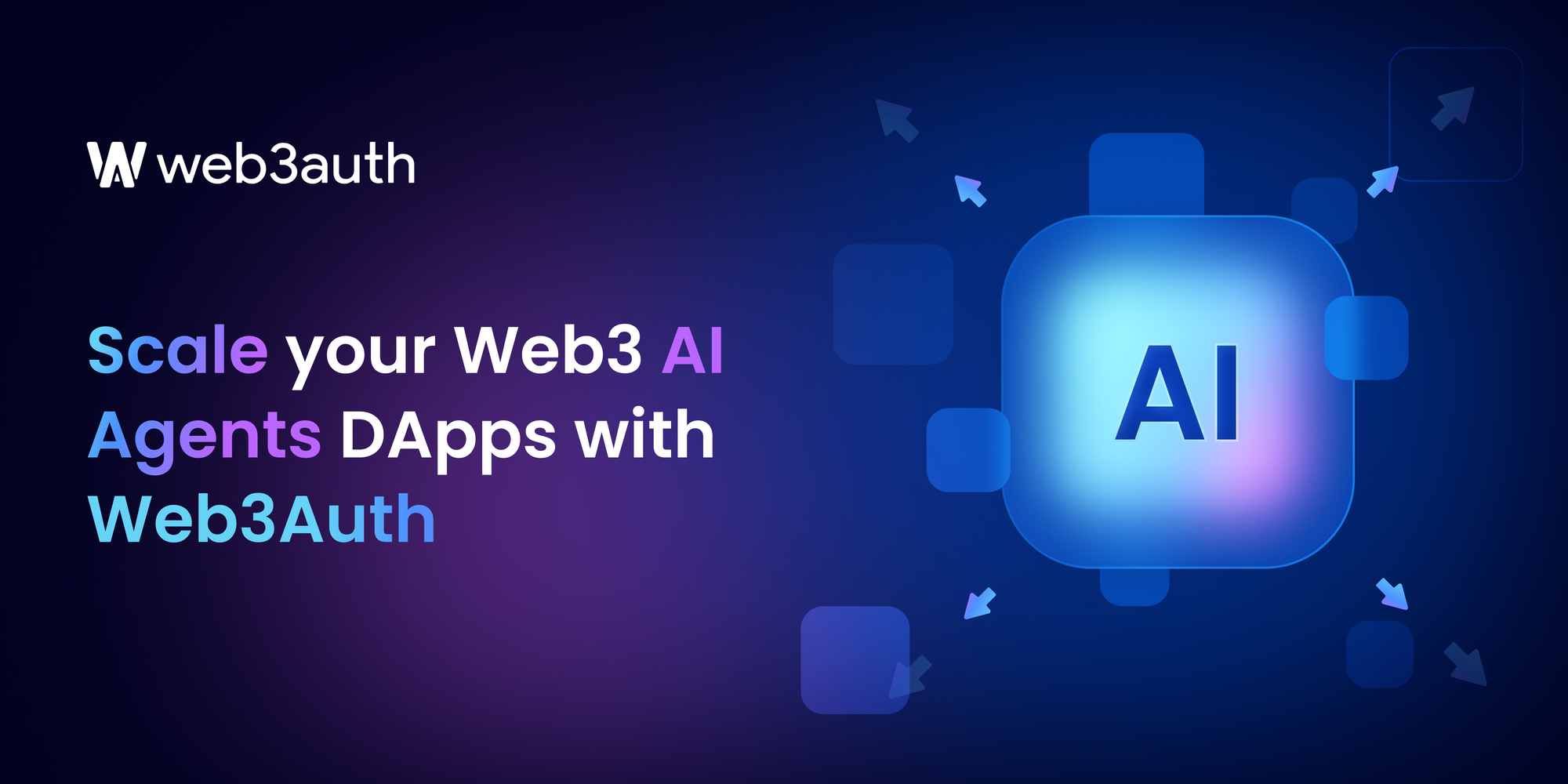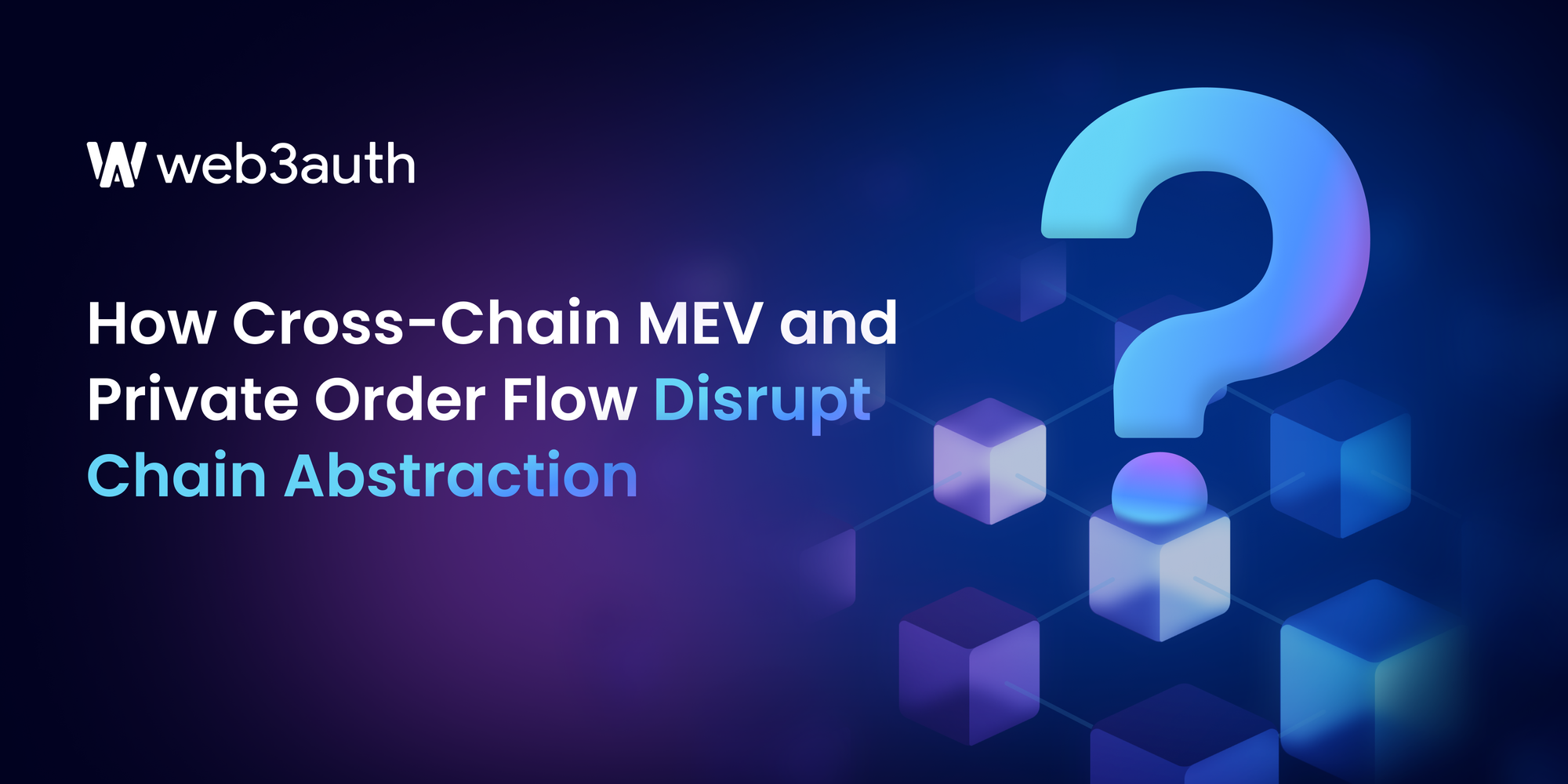Imagine trying to drive on a toll road, but instead of paying with your regular currency, you're required to pay with a special card that you’ve never heard of before. To make matters worse, there are no clear directions on how to obtain this currency. In Web3, where user experience is at the heart of successful dApps, interrupting your journey to pay gas fee feels borderline offensive.
Gas sponsorship provides a solution to this problem. By allowing dApps or third parties to cover gas costs, users can interact with blockchain applications without the burden of navigating these complexities. Platforms like Immutable zkEVM and Skale have taken this a step further by introducing concepts such as "Gas Free for Gamers," ensuring users never have to encounter gas fees while engaging with games or marketplaces. This seamless approach reduces friction and creates a smoother, more intuitive Web3 experience.
Suffice to say, gas sponsorship not only simplifies onboarding, it offers a critical opportunity to drive adoption by presenting a user-friendly entry point into Web3 ecosystems.
Key Concepts Behind Implementing Gas Sponsorship
1. Relayers
Relayers are off-chain services that submit transactions on behalf of users. When a user initiates a transaction without enough native tokens to pay for gas, a relayer can step in to sponsor the transaction and pay the gas fees.
- Role of Relayers: They receive signed messages from users and broadcast them to the blockchain, covering the gas cost in the process.
- Relayer Architecture: Relayers typically consist of a backend service that listens for user-signed meta-transactions and sends them to the blockchain.
2. Paymasters
Paymasters are smart contracts that cover gas fees on behalf of users, making them a critical component of ERC-4337. By integrating paymasters, developers can create tailored, seamless gas sponsorship solutions that enhance user experience while optimizing operational costs.
- Role of Paymasters: They act as intermediaries to validate transactions and determine whether to sponsor gas fees based on customizable rules. They also allow users to pay gas fees using ERC-20 tokens instead of native blockchain tokens and implement budget controls to manage sponsorship costs effectively
3. Meta-Transactions
Meta-transactions allow users to interact with the blockchain without directly paying gas fees. Instead of signing and sending a regular transaction, users sign a message containing the transaction details. This message is then sent to a relayer, which submits the actual transaction to the blockchain.
- User Flow:
- The user signs a transaction message off-chain.
- The signed message is sent to a relayer.
- The relayer submits the transaction to the blockchain and pays the gas fee.
- Standards:
- One popular standard for meta-transactions is the EIP-2771 standard for trusted forwarders. However, EIP-2771 presented challenges in adoption due to its limitations. Developers using EIP-2771 had to modify their smart contracts to support gas sponsorship, which meant existing deployed contracts required changes to their implementation, significantly complicating adoption. This limited the standard’s practicality for widespread use.
- As a response, ERC-4337 emerged as a more robust solution. Unlike EIP-2771, ERC-4337 does not require changes to existing smart contracts. Instead, it enables gas sponsorship through account abstraction and paymaster mechanisms, providing a more seamless and scalable approach to meta-transactions. By eliminating the need to modify existing contracts, ERC-4337 has become a preferred choice for developers seeking to implement gas sponsorship effectively.
- One popular standard for meta-transactions is the EIP-2771 standard for trusted forwarders. However, EIP-2771 presented challenges in adoption due to its limitations. Developers using EIP-2771 had to modify their smart contracts to support gas sponsorship, which meant existing deployed contracts required changes to their implementation, significantly complicating adoption. This limited the standard’s practicality for widespread use.
4. Smart Accounts
Smart accounts, or smart contract wallets, are user-controlled smart contracts that can manage transactions in a more flexible way than standard externally owned accounts (EOAs). Smart accounts can support meta-transactions, batching, and gas sponsorship logic. Operating on standards like ERC-4337 canenable advanced functionalities such as gas sponsorship, batch transactions, and account abstraction.
- How it works: Smart accounts rely on components such as paymasters (to sponsor gas fees) and bundlers (to aggregate and submit transactions) to enable features like transaction validation, gas sponsorship, and programmable actions.
- Benefits: Gas abstraction (paying fees in ERC-20 tokens), batch transactions, and enhanced wallet security.
- Drawbacks: Complex contract logic and auditing overhead.
Potential Use Cases for Gas Sponsorship
- Gaming: Soccerverse, a massively multiplayer football management game has implemented gas fee sponsorship for certain parts of the game. This significantly improves the user experience in blockchain-based games by allowing users to perform frequent in-game actions without worrying about gas costs.
- DeFi Protocols: In decentralized finance (DeFi), gas sponsorship can lower the barrier for new users to start using protocols. Projects like 0x might offer gas sponsorship for initial deposits or small transactions to attract more users. While this is currently a hypothetical use case, some projects are actively exploring gas sponsorship to enhance user experience and drive adoption.
- NFT Marketplaces: Gas sponsorship for minting or trading NFTs can attract artists and collectors who are hesitant about upfront costs. For instance, OpenSea might sponsor gas for first-time creators.
Manually Implementing Gas Sponsorship
Step 1: Deploy a Relayer Service
To implement gas sponsorship, start by setting up a relayer service that should be capable of:
- Receiving signed meta-transaction requests from users.
- Verifying the authenticity of the signed messages.
- Broadcasting valid transactions to the blockchain and covering the gas fees.
Services like OpenZeppelin Defender and Biconomy can help manage relayers and automate transaction broadcasting.
Step 2: Use a Meta-Transaction Standard or Smart Accounts
Approach 1: Meta-Transactions (EIP-2771)
One way to implement gas sponsorship is by using meta-transactions, where a relayer submits transactions on behalf of users. To enable this:
Ensure only authorized relayers can submit meta-transactions to prevent abuse.
Implement EIP-2771, a meta-transaction standard that modifies the msg.sender logic to recognize a trusted forwarder (relayer), allowing gas sponsorship without user intervention.
Approach 2: Smart Accounts & ERC-4337
Another approach is using ERC-4337 (Account Abstraction), which enables smart contract wallets (SCWs) to handle gas sponsorship without modifying existing smart contracts. This approach provides more flexibility and built-in support for features like paymasters and bundlers.
Implement a paymaster contract to cover gas fees on behalf of users, removing the need for them to hold native tokens.
If your dApp utilizes smart contract wallets, ensure they support ERC-4337 to interact seamlessly with a relayer service.
Step 3: Implement Gas Sponsorship Logic
Define the conditions under which gas sponsorship is provided. This could include:
- Limiting sponsorship to specific user actions (e.g., onboarding, first few transactions).
- Implementing rate limits to prevent abuse.
- Requiring users to hold a specific token to qualify for sponsorship.
Step 4: Monitor and Maintain the Relayer
Since the relayer is a central component of the gas sponsorship mechanism, it's essential to:
- Monitor relayer performance and uptime.
- Replenish the relayer’s balance regularly.
- Ensure the relayer follows the correct meta-transaction format.
Streamlined Solutions for Gas Sponsorship
Deploying gas sponsorship manually can be resource-intensive and complex, involving the setup and maintenance of relayers, meta-transaction standards, and smart account integrations. Alternative approaches simplify this process by providing pre-built infrastructure and tools to handle these challenges.
Here are some ways streamlined solution like Web3Auth helps with the implementation of gas sponsorship:
- Simplified Implementation:
- Web3Auth's native Account Abstraction makes it easy to create and manage smart accounts for your users with just a few lines of code. This includes support for:
- Gas Abstraction: Cover transaction fees for users, or allow them to pay with ERC-20 tokens.
- Batch Transactions: Perform multiple transactions in a single call.
- Automated Transactions: Automate actions like swapping ETH to USDT when specific conditions are met.
- Set Spending Limits: Enable tailored spending limits for users.
- The AA integration works seamlessly with popular libraries like Viem, Ethers, and Web3.js, allowing developers to effortlessly create ERC-4337-compatible Smart Contract Wallets (SCWs) without relying on third-party packages
- Integrated Authentication and Sponsorship:
- Comprehensive tools provide pre-built modules for both user onboarding and gas sponsorship, ensuring a cohesive and frictionless user experience.
- Flexible Sponsorship Logic:
- Developers can define conditional sponsorship policies (e.g., for new users or specific actions) without needing to implement custom logic.
- Security and Scalability:
- Built-in measures to handle relayer security and scale as the dApp grows, removing significant operational burdens from developers.
- This ensures uptime and reliability for sponsored transactions.
- Seamless User Experience:
- Abstracting private key management and gas fees creates a smoother onboarding process for non-technical users.
Why Implement Gas Sponsorship?
Think of gas sponsorship as valet parking for Web3 users: just as valet parking eliminates the hassle of finding a spot and navigating parking rules, gas sponsorship removes the need for users to acquire native tokens and manage gas fees, providing a smoother, more enjoyable experience. By abstracting away these complexities, dApps can focus on delivering their core functionality while ensuring accessibility for users of all technical backgrounds.
Thinking about implementing gas sponsorship? Explore how Web3Auth can help your project by reading our documentation, or schedule a session with us.





